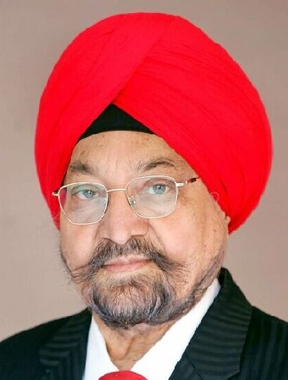
America stands at a crucial juncture, marked by significant political polarization and an impending presidential election that has many citizens expressing disillusionment with their choices. Over 60% of Americans identify as either Democrats or Republicans, while more than 30% remain independent, aligning loosely with either party. Despite the diversity within each party, certain demographic trends are evident, particularly within the Republican Party, which predominantly consists of White Christians. This composition does not negate the presence of other races and faiths within the party but highlights a noticeable demographic trend. In contrast, the Democratic Party boasts greater racial, religious, and cultural diversity.
Independent voters, making up more than 30% of the electorate, play a pivotal role in determining election outcomes. Their votes are less influenced by party loyalty and more swayed by the candidates’ programs and visions. As such, these voters hold the key to the final outcome of presidential elections. In recent weeks, sentiments from both common citizens and opinion makers have echoed a profound dissatisfaction with the current presidential candidates. The criticism leveled against them is sharp and revealing.
One candidate is criticized for evasiveness, dishonesty, and a questionable record of personal and professional conduct. The other candidate faces scrutiny for perceived infirmity, which some argue impairs his ability to communicate effectively. Both have served as one-term presidents, and the general public sentiment leans towards a desire for better choices. Many Americans lament the apparent decline in the caliber of presidential candidates, reminiscing about the days when figures like Abraham Lincoln, George Washington, Franklin D. Roosevelt, Theodore Roosevelt, Dwight D. Eisenhower, Harry S. Truman, Thomas Jefferson, John F. Kennedy, Ronald Reagan, and Barack Obama graced the political stage.
Despite their perceived inadequacies, both candidates are fervently pursuing the presidency of the United States, a position of immense global significance. Many Americans wish they had the power to disqualify both candidates, seeking instead leaders who truly embody the values and capabilities required for such a critical role. Given that disqualification is not a feasible option, another scenario comes into play, particularly concerning the current Democratic candidate, Joe Biden.
Joe Biden, the incumbent president, faces increasing calls to withdraw from the race. His recent bout with COVID-19 has kept him in isolation and away from campaigning, further fueling concerns about his health and ability to serve another term. By stepping down, Biden could secure his legacy as a dedicated lawmaker who served the nation admirably for 50 years, first as a senator and then as president. Such a move would not only endear him to the Democratic Party and its supporters but also bolster the chances of a Democrat succeeding him in the presidency.
Donald Trump, the Republican contender, is not universally beloved within his own party and certainly not favored by many independent voters. A Biden withdrawal could potentially pave the way for a more viable Democratic candidate, thereby diminishing Trump’s chances of reclaiming the presidency. This scenario hinges on Biden recognizing the broader implications of his candidacy for the Democratic Party and the nation. Americans hope Biden has not yet been afflicted with senility so as not to see what lies ahead for him, for Democratic Party and for America, the Greatest Nation on the Earth.



Be the first to comment